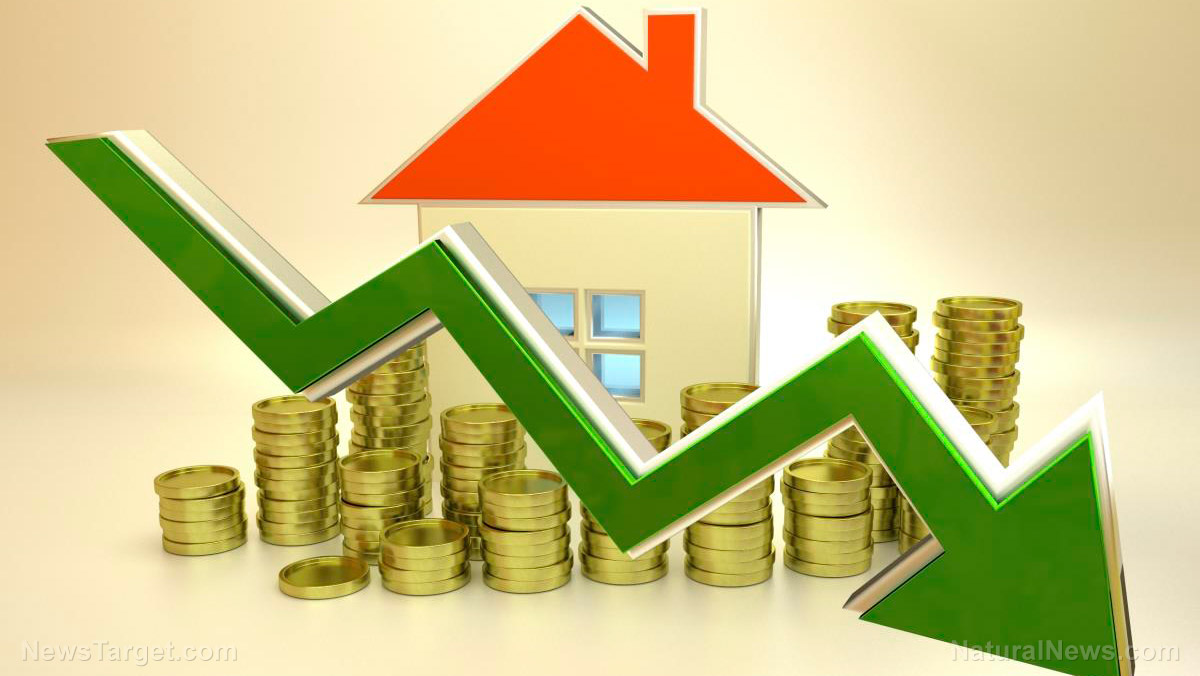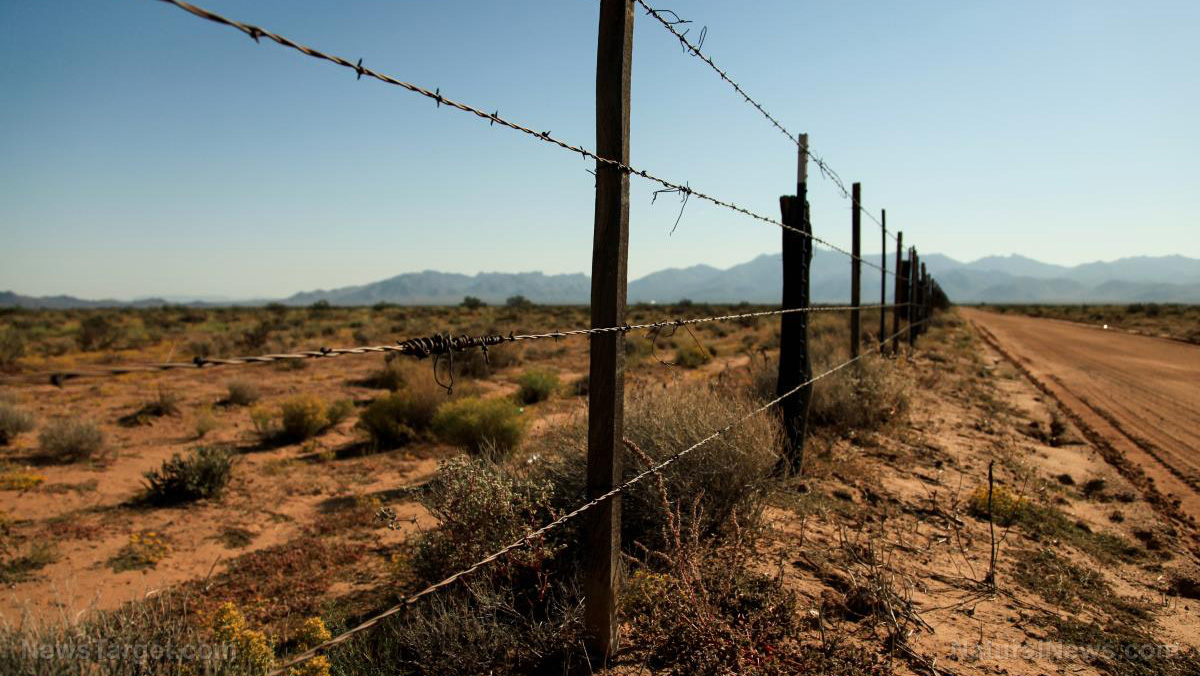 Parler
Parler Gab
Gab
Did housing in the United States become just another pump-and-dump scam by Wall Street?
Nearly all of the aforementioned cities saw major price increases during the Wuhan coronavirus (Covid-19) plandemic, which is why they are now dropping like a rock back to reality. There are also the interest rate bumps, as the current rate on a 30-year fixed mortgage is almost twice what it was at the start of 2022. "That makes the cost of ownership considerably higher," notes CNBC's Diana Olick. Sheharyar Bokhari, a senior economist at Redfin, which put together the new data, says that buyers in many of these "popular migration destinations" are hitting the pause button due to not only higher mortgage rates but also "a potential recession." "They're also having a big impact on workers in big job centers who rely on their stock portfolio for down payments," Bokhari added in a statement. To call what is coming – and what is arguably already in motion – "a potential recession" is laughable. Think Great Depression on Steroids as a more accurate descriptor. Even so, the financial media has no choice but to downplay the impact of the situation to avoid a panic while still letting the cat out of the bag to avoid letting it take the public by surprise. Housing inventory is also on the rise as apparently BlackRock, Vanguard and other funds slow their far-over-asking-price purchasing spree, which pumped up the housing market to obscene valuations, followed by what appears to be the makings of a dump. That dump may not be as dramatic as the one in 2008, however – though the full impact of what comes next remains to be seen. Housing prices are still far higher than they were pre-plandemic, all things considered. For a household with a $75,000-per-year income, only 23 percent of homes currently on the market are considered "affordable." This is down from 50 percent of inventory in 2018, according to Realtor.com. "While these trends are resulting in a cooler summer homebuying season than usual, the road ahead points towards a promising shift, away from 2021′s severe undersupply and win-at-all-costs competition," says George Ratiu, a senior economist at Realtor.com. To keep up with the latest news about the crashing markets, be sure to check out DebtBomb.news. Sources for this article include: CNBC.com NaturalNews.comFarmers dismayed by PM Justin Trudeau’s push to implement “regulated fertilizer reduction” policies
By Mary Villareal // Share
Russia and China officially announce a “new global reserve currency”
By News Editors // Share
Food collapse, labor shortages affecting restaurants all over the country
By Arsenio Toledo // Share
Chinese social media censors posts about protests sparked by country’s mortgage crisis
By Mary Villareal // Share
Tales from the crypto: Trapped Celsius customers share financial horrors
By News Editors // Share
Governments continue to obscure COVID-19 vaccine data amid rising concerns over excess deaths
By patricklewis // Share
Tech giant Microsoft backs EXTINCTION with its support of carbon capture programs
By ramontomeydw // Share
Germany to resume arms exports to Israel despite repeated ceasefire violations
By isabelle // Share










